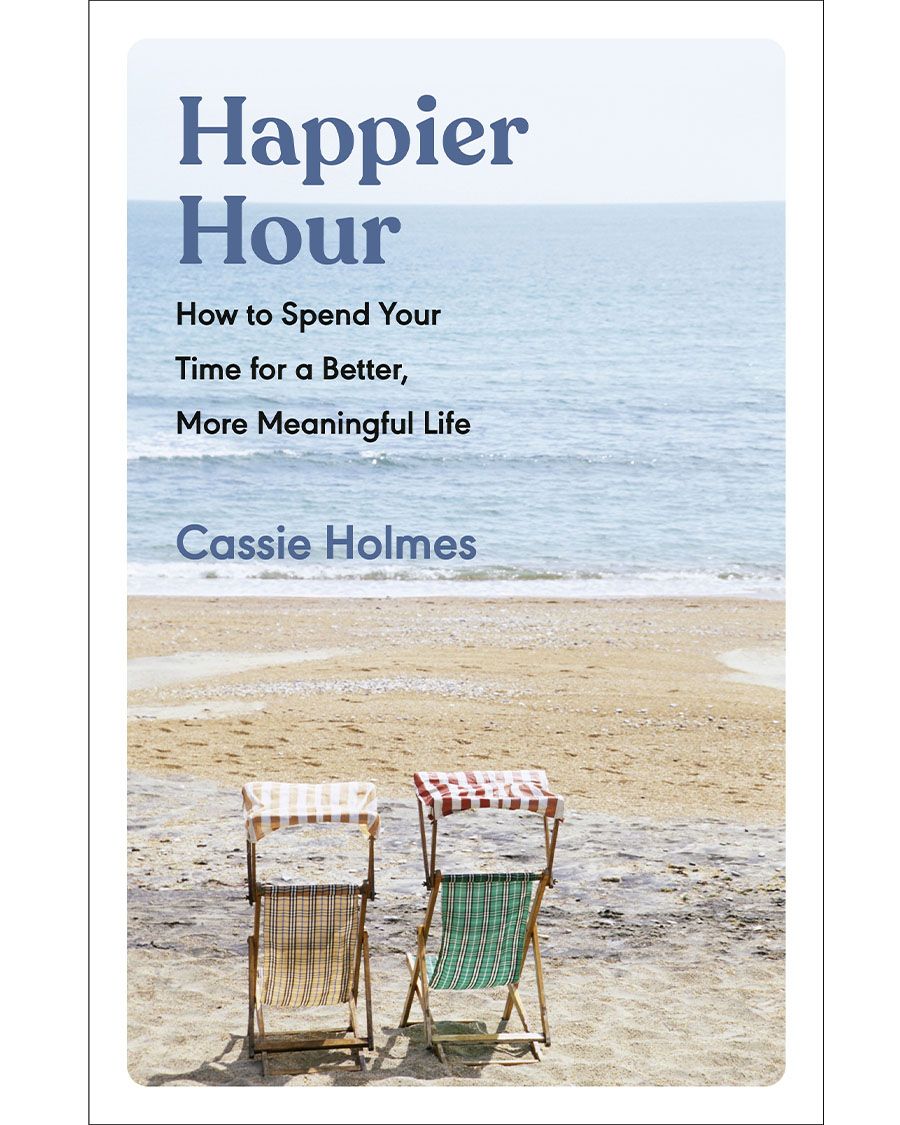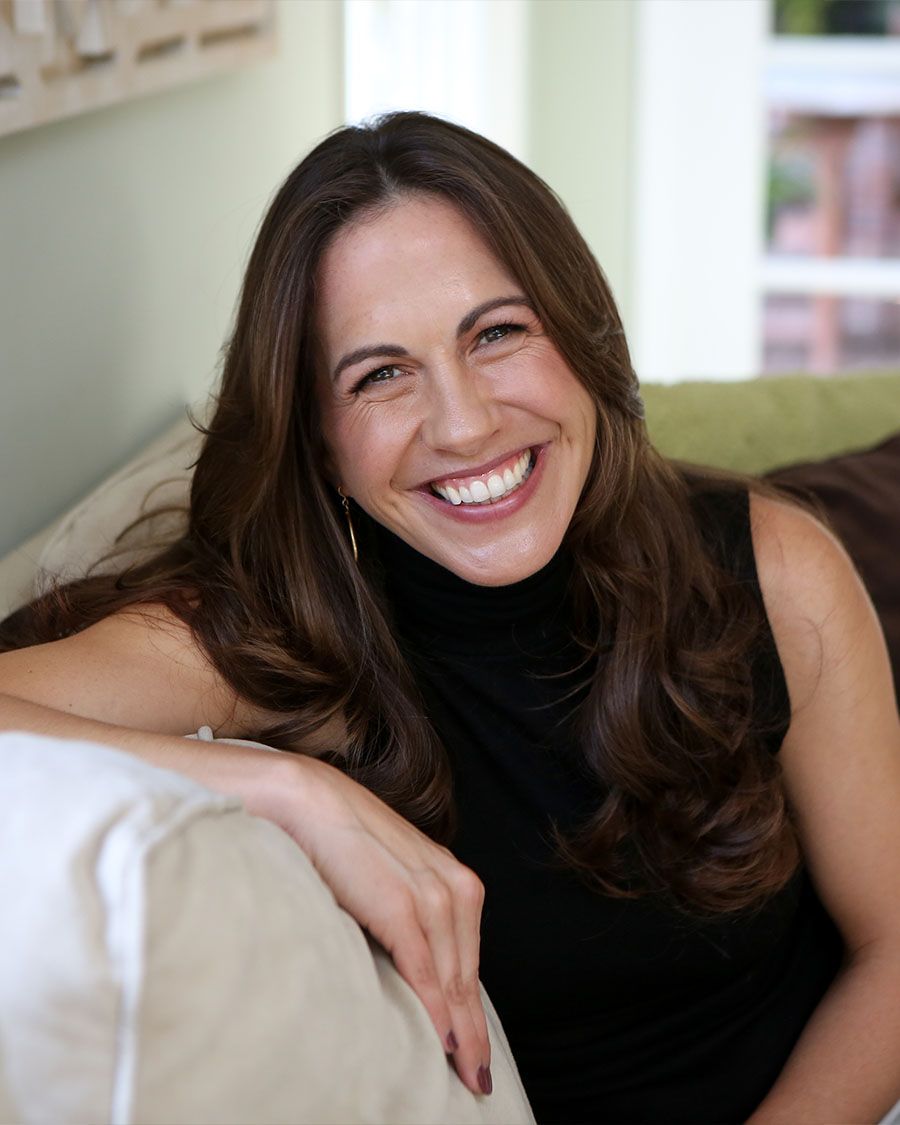In the book, you mention a lightbulb moment when you were rushing to work on a ‘perfect morning’ taking your toddler to pre-school en route when he literally stopped to smell the roses, and your initial instinct was to hurry him along and not share this simple joy. Was this a turning point for addressing your relationship with time and happiness and what is the trick to being mentally present to allow ourselves to pause in the moment?
We tend to assume that our everyday activities will continue to happen every day. So, we don’t pay attention, and we miss so many joys that are right there in the time we’re already spending. On that morning with my son—which was objectively and actually truly lovely—I was in a rush. I was in my thoughts, cycling through my list of to-dos, and I felt my panic mounting from all I needed to get done before the end of the day. But when I heard myself yell (loudly!) at my son, “We don’t have time to stop and smell the roses!”, I was forced to stop. I realised the absurdity of the constant rushing… I realised all that I was rushing past and missing along the way. I was in such a hurry that I didn’t even notice the gorgeous flowers or this precious moment shared with my son. Had I recognised that we only had 20% of these walks to school together left (before he’d be starting elementary school, which required a drive and a change in routine), I would have slowed down and noticed too. Counting times left to do something you love is one way to nudge you to not be in such a hurry and to really spend the time, as well as to pay more attention during these times….so as to not miss them.
You talk about using time with intention. How do we evaluate what to spend our time on in a conscious manner so that we effectively run our time rather than time running us?
Our days tend to get filled with tasks that seem urgent, irrespective of their importance. Yet, we need to dedicate time and protect time for what is important to us—those activities that really fulfil us and bring us joy—rather than just other people’s urgencies. In Happier Hour, I share several ways to identify those activities that are important. One strategy involves broadening your perspective of time—thinking in terms of years and your life overall (rather than getting bogged down by the next pressing hour). If you ask yourself, what will ultimately matter to you looking back at the end of your years and life overall, you will realise what’s actually important. And this will lead you to spend your hours accordingly.
The answer for greater happiness isn’t about how much time you have available to spend. It’s about how you spend the time you have. It’s about maximizing the hours you spend on activities that are worthwhile—that fulfil you and bring you joy—and minimizing the hours you waste. And this is as much about being intentional about which activities you devote your time to, as it is about being intentional (i.e., paying attention) during the time you spend.
How has the pandemic impacted our relationship with time?
The pandemic highlighted to all of us that life is finite. With the hours of our days summing up to the years of our lives, we came to realise just how precious our time is. This has led us to savour life’s simple joys more and to feel wasted time as more painful. It has led people to question how they should invest their day’s hours to feel greater meaning in their lives, and so they won’t look back with regret. I’m so glad that based on many years of academic research and me writing through the pandemic that Happier Hour is ready to provide some answers.
In a world where we constantly feel time-poor, please tell us more about the research on the positive benefits of giving time to others.
When we feel like we don’t have enough time to do all that we want to and need to do—we tend to be stingy with our minutes. We don’t slow down and take the time to help others, let alone to hold the door for someone moving more slowly. Yet, in our research, we found that giving a bit of time to another can make you feel more time affluent. This is because helping another makes you feel surprisingly effective = like you can do way more than you thought with the time you have.
Your top tip for helping family members keep on time without nagging!
I’m usually the one who needs nagging on this front!












